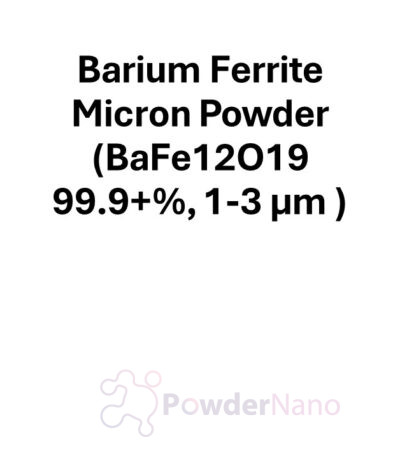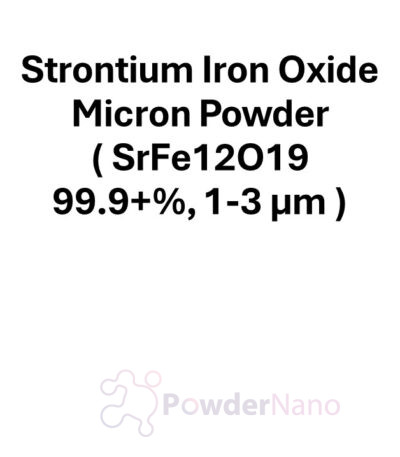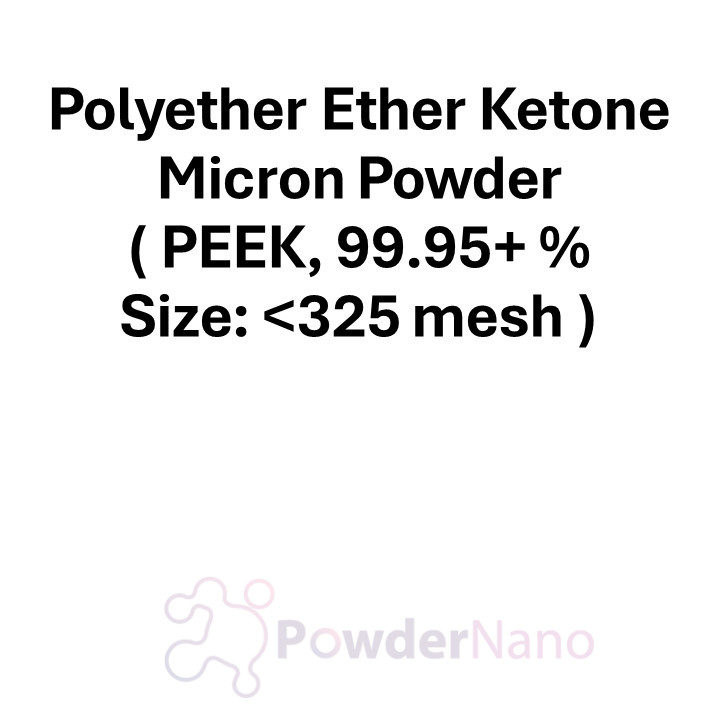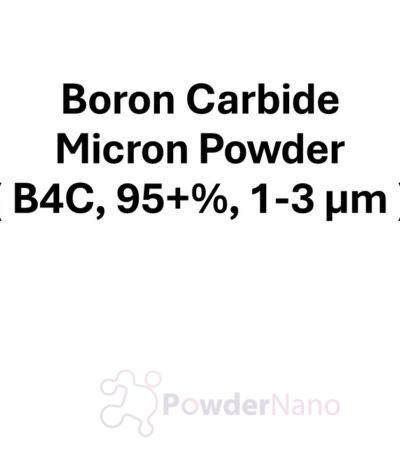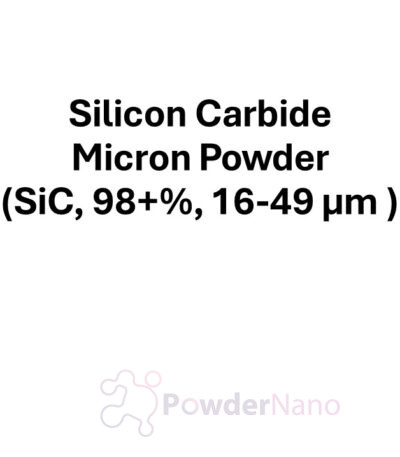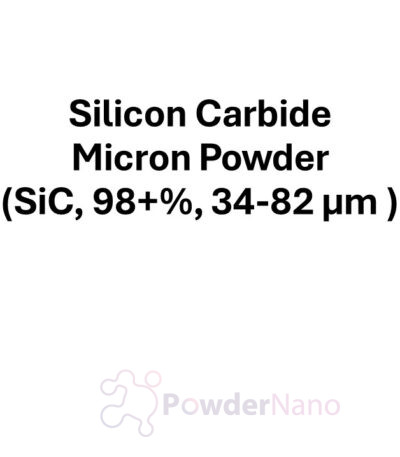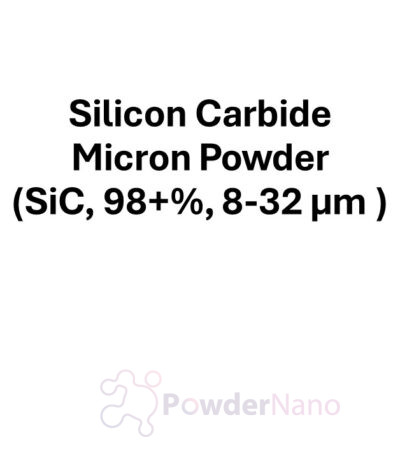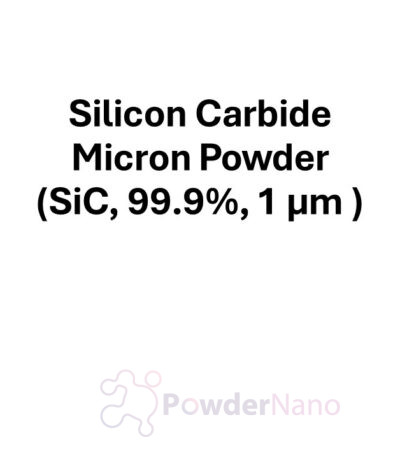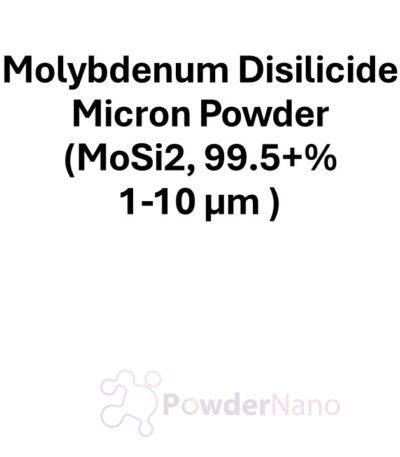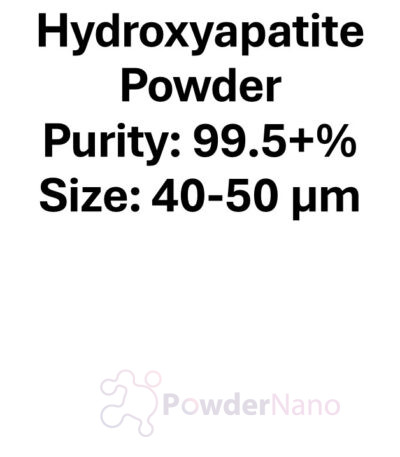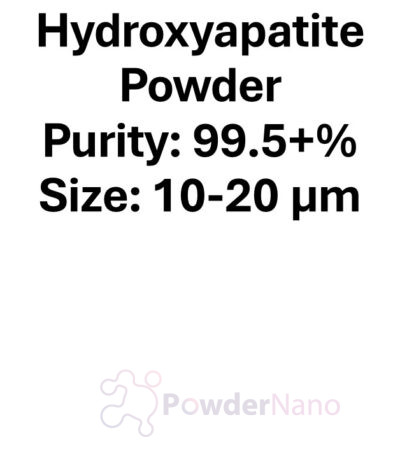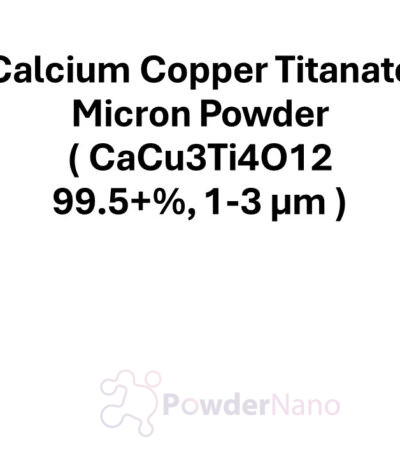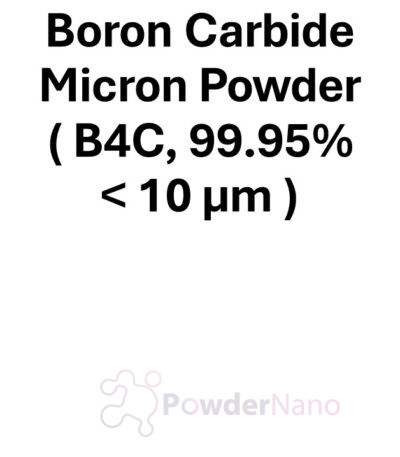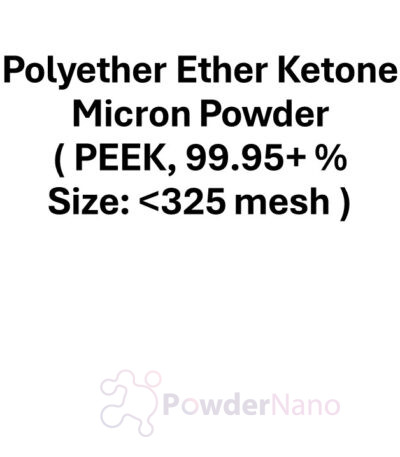Technical Specifications:
- Material: Polyether Ether Ketone (PEEK)
- Purity: 99.95% or higher
- Particle Size: <325 mesh (approximately 44 microns or finer)
- Shape: Typically irregular or angular, depending on the manufacturing process
- Density: Approximately 1.3 g/cm³
- Melting Point: Approximately 343°C (649.4°F)
- Boiling Point: Decomposes before boiling
- Glass Transition Temperature: Approximately 143°C (289.4°F)
Chemical Composition:
- Carbon (C): Approximately 65%
- Hydrogen (H): Approximately 4.5%
- Oxygen (O): Approximately 30%
- Sulfur (S): Trace amounts (if any)
Applications:
1. High-Performance Engineering Plastics:
- Polyether Ether Ketone (PEEK) is a high-performance polymer known for its thermal stability, chemical resistance, and mechanical strength. The <325 mesh particle size ensures high surface area, ideal for use in engineering plastics and advanced composites.
- PEEK is used in demanding aerospace, automotive, and electrical industries where strong, lightweight, and high-temperature-resistant materials are required, such as in gears, bearings, valves, pumps, and seals.
2. Medical and Healthcare Applications:
- PEEK is widely used in the medical field due to its biocompatibility and sterilization resistance. The fine powder is incorporated into implants, surgical instruments, spinal fusion devices, and joint replacements.
- PEEK is favored in medical devices that require long-term stability and resistance to wear and corrosion in biological environments. The material’s radiolucency (transparent to X-rays) is beneficial for imaging applications.
3. Aerospace Components:
- Due to its exceptional thermal stability and strength at high temperatures, PEEK is widely used in aerospace components such as turbine blades, aircraft engine components, electronic connectors, and thermal insulation.
- The <325 mesh powder is often used to produce lightweight yet durable parts that must withstand high temperatures, corrosive environments, and mechanical stress, making it ideal for spacecraft, aviation, and satellite applications.
4. Electrical Insulation:
- PEEK is an excellent electrical insulator, making it ideal for use in high-performance electrical insulation applications. It is used in wires, cables, connectors, and insulated components that require high temperature and chemical resistance.
- The fine particle size allows for the development of electrical insulation coatings and substantially improved electrical properties in high-frequency electronic devices.
5. Automotive Parts:
- PEEK is used in the automotive industry for manufacturing engine components, brake systems, fuel systems, clutch parts, and transmission components. Its ability to withstand extreme conditions such as high temperatures, chemical exposure, and mechanical stresses makes it a key material in automotive engineering.
- The 99.95% purity ensures the material’s consistent performance and reliability in engineered parts where durability and efficiency are critical.
6. Chemical Processing:
- PEEK’s chemical resistance makes it useful in chemical processing industries, particularly in environments where the materials come into contact with harsh chemicals, solvents, and acids. The fine powder form of PEEK can be used to make pumps, valves, reactor linings, and seals in chemical plants, pharmaceutical manufacturing, and food processing equipment.
- It is ideal for use in corrosive environments, where other materials may degrade over time.
7. 3D Printing and Additive Manufacturing:
- PEEK is increasingly used in 3D printing and additive manufacturing technologies, where its fine powder can be used in selective laser sintering (SLS) or fused deposition modeling (FDM) processes to create high-performance parts.
- The 1-10 µm particle size allows for precise printing of complex parts with high mechanical strength, heat resistance, and chemical inertness for aerospace, automotive, and medical applications.
8. Composites and Reinforced Materials:
- PEEK powder is used in the creation of high-performance composites, where it is combined with fibers such as carbon, glass, and aramid fibers to produce parts that require extra strength, lightweight properties, and high-temperature resistance.
- These composites are used in industries like aerospace, automotive, and defense, where the components need to withstand extreme mechanical loads and thermal cycling.
9. High-Temperature Lubricants:
- Polyether Ether Ketone can be used in the development of high-temperature lubricants for applications that require low friction and high wear resistance at elevated temperatures, such as bearings, gears, and engine components.
- Its ability to perform at extreme temperatures makes it ideal for lubricating systems in aerospace, automotive engines, and industrial machines that operate in demanding conditions.
10. Research and Development:
- PEEK powder is widely used in materials science, nanotechnology, and advanced manufacturing research. Researchers use PEEK in the development of new composites, nano-coatings, and advanced engineering plastics for a variety of high-performance applications.
- Its use in nanocomposites and hybrid materials provides enhanced properties such as increased mechanical strength, stability at high temperatures, and improved chemical resistance.
Summary:
Polyether Ether Ketone Micron Powder (PEEK, 99.95%+, Size: <325 mesh) is a high-performance polymer known for its exceptional thermal stability, mechanical strength, and chemical resistance. It is widely used in aerospace, medical devices, electronics, automotive, industrial applications, and additive manufacturing. The fine particle size ensures high surface area for enhanced material properties, making it ideal for engineering plastics, composites, high-temperature lubricants, 3D printing, and advanced electronic components. PEEK is indispensable in industries where reliable performance under extreme conditions is essential.
